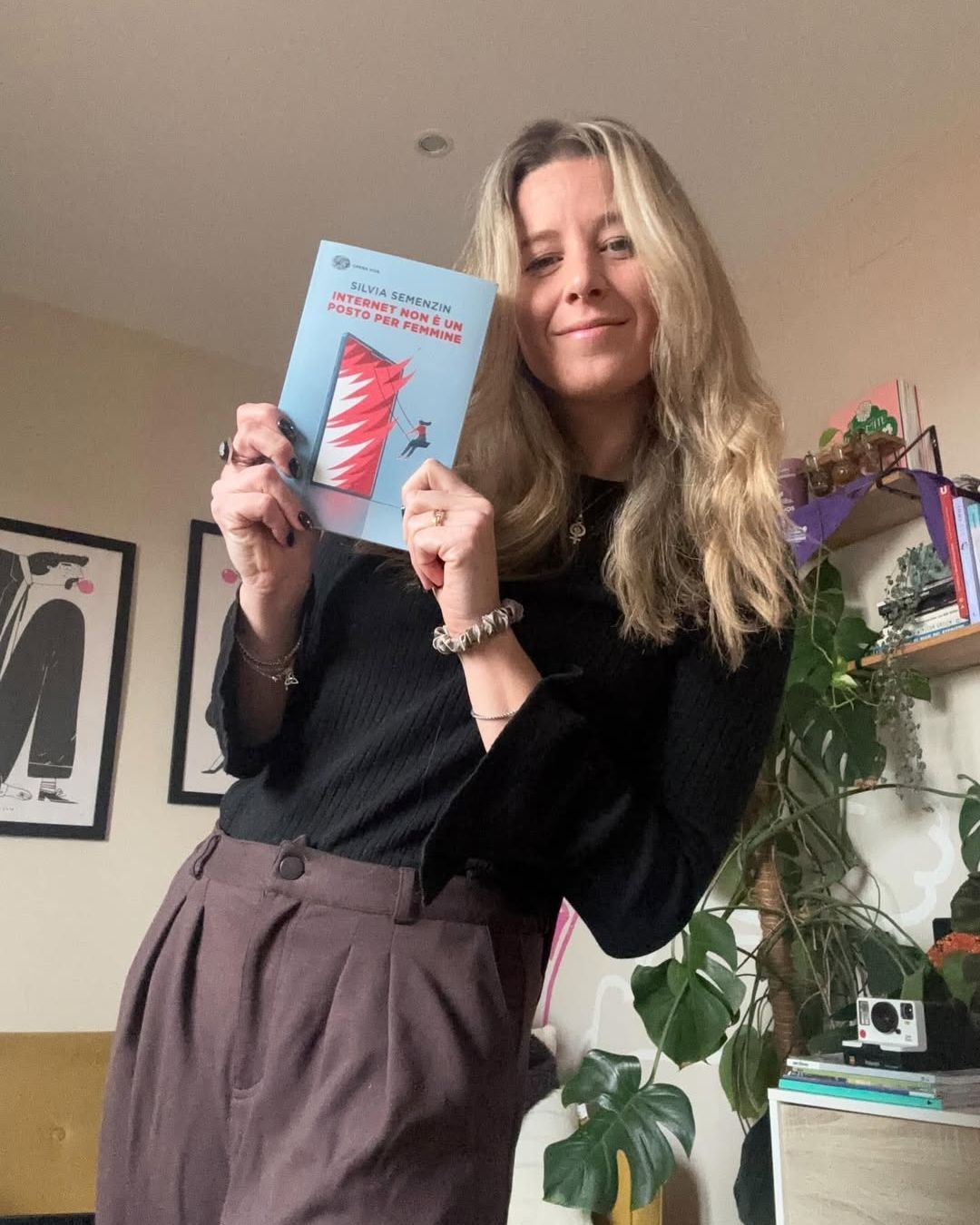
Here's why all social media activism is performative «Someone ask Kylie Jenner to point to Israel on the map»
On Khy, the new brand of the youngest of the Kardashian-Jenner sisters, controversy has been particularly inclement. Some have accused the influencer of having plagiarised the Betsey Johnson PRODUCTS brand for its plethora of leather and gothic looks, some have pointed out the extensive use of plastic or materials derived from it in the composition of garments as in the packaging and some have seen a political message in the choice of colours. Khy's latest instagram post in fact reveals the brand's outwear line in three variants: light blue, white and black, a selection of shades probably dictated by a market study or by some trendforecaster that has become a pro-Israel declaration for the tens of thousands of users who have expressed their opinions in the comments section. The association, pindaric in itself, is howeverbased on a real precedent, an instagram post on Kylie's personal profile with the words «Now and always we stand with the people of Israel» on a blue and white flag. A post that cost her dearly - a million followers, to be exact, from over 400 million to 399 million in the space of 48 hours - promptly removed, but not before receiving avalanches of criticism, insults and threats: «Someone ask Kylie Jenner to point at Israel on the map». The escalation between Hamas and Israel has been described as the most violent in recent years, a humanitarian crisis that in itself encapsulates all the complexities of post-modernism and past mistakes for which history always demands an account, but also reveals alarming truths about the way we live and understand events in a deeply hypocritical and culturally adrift society.
@kyliejenner KHY DROP 002 coming 11/15 khy.com
original sound - Kylie Jenner
Kim Kardashian limited herself to a post in which she expressed her closeness to the Jewish community, declaring herself sensitive to their cause given her Armenian roots and her commitment to the tensions in the Nagorno-Karabakh region. This is followed by prayers and messages of peace for all, as per usual. Bella, Gigi and Anwar Hadid spoke out against the Israeli government, emphasising their origins, as their father, real estate developer Mohamed Hadid, is Palestinian. According to the American website Tmz, the entire family has been receiving explicit death threats (via social media, e-mail and telephone calls), to the point that Mohamed himself has considered turning to the FBI.
At the moment, exposing oneself via social media on the issue has two consequences: threats and insults or shadow-bans, a phenomenon of which only a few details are known but which is common to all major social networks. Il Post reports how in recent weeks many Instagram users, especially activists, journalists and others who are following the war in the Gaza Strip have seen their pro-Palestinian posts get far fewer views and interactions than their usual content. New York Times journalist Azmat Khan, as well as Pulitzer Prize winner in 2022, openly said she was penalised after talking about Gaza in her Stories, while US-Kuwaiti journalist Ahmed Shihab-Eldin, who has been sympathetic to the Palestinian cause for years, was suspended from the platform without explanation. To try to get around the shadowbans, many people started not only to mispronounce the more 'problematic' words - perhaps writing Pal3stin4 instead of Palestine, or G4z4 instead of Gaza - but also to insert pro-Israel hashtags or stickers in their Stories.
The shadow-ban applied to pro-Palestinian content underlines the impossibility of expressing oneself on a platform that has nothing impartial about it. Because of our daily use of it, we often forget that Meta is not a public service, rather a highly politicised tool that has already in the past - namely with Facebook - expressed its problematic use of data and its dissemination. Although the company has issued a statement saying that «it was never their intention to suppress a particular community or point of view», but that «due to the increased amount of reported content regarding the ongoing conflict, even content that does not violate our guidelines could be removed by mistake», Carolina Are, a researcher at Northumbria University's Centre for Digital Citizens, stresses how «important it is to keep in mind that Instagram is a US platform, not only in the sense that the US has a very close relationship with Israel, but also in the sense that Meta has very strict and strict guidelines regarding what it considers terrorism.»
Lol I didn’t really believe in shadowbanning on @instagram until I started posting regularly about Palestine. If that tells you where meta stands on this issue. Stories viewing decreased by over 70%.
— Lex (@alexiscagney) November 3, 2023
Activism on social media is not only purely performative because it brings nothing factual to the cause - except, in most cases, disinformation - but it is also in its nature unsustainable because it takes place on a territory that has nothing neutral about it. Activism, once collective, has become the preserve of individuals and emptied of its collectivising value. Every struggle is self-declared, everyone understands it their own way and no one is able to avoid personalising the ideal in which they claim to believe. Our way of expressing ourselves on social and political issues is an expression of the egomaniacal drift of contemporaneity, of our inability to participate concretely or empathically in the issues of others, and reminds us that there are often cases in which the best choice is to remain silent, not out of lack of interest but out of respect.

























































